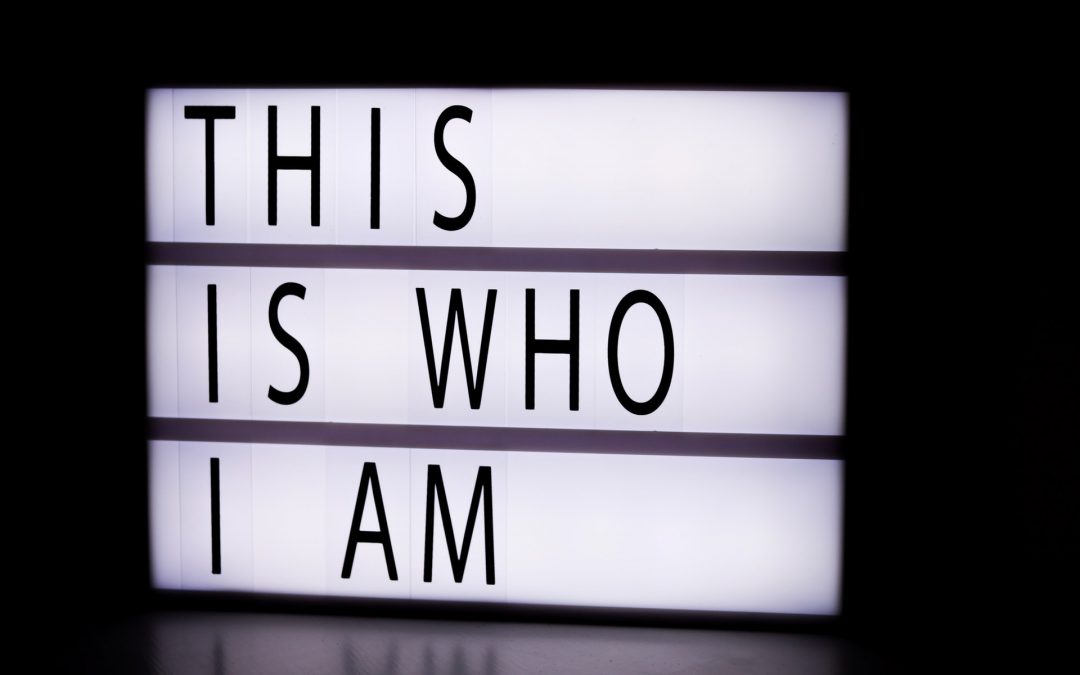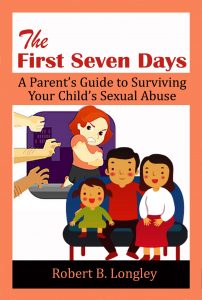Chances are, your sexual abuse situation will have at least one element that you couldn’t have possibly imagined. Or more likely 5 or 6. Occasionally these head scratchers make the news. Over the past couple of years the Brooklyn District Attorney’s office has had a policy to not disclose the names of Orthodox Jews arrested on sex offense charges. There have been various requests to get the names and details of 85 offenders during the past 3 years which have all been rejected. The rational is that due to the close knit nature of the Orthodox community, that disclosure of the offenders identity could in turn reveal the victim’s identity. Interesting!
The reality is that every community is close knit. In roughly 97% of sexual abuse cases, it is someone the victim knows well. If you take almost any victim and make a list of the people they interact with for at least an hour a few times a year and the name of their offender will be on the list. Orthodox communities are no different. Shielding the names of offenders doesn’t protect the identity of the victim. It allows offenders to be dealt with without public input, and in many cases that structure which allowed the abuse to take place acts to protect itself. Charges are reduced, offenders don’t show up on sex offender registries and abuse is likely to continue.
Protecting who’s identity?
Protecting the identity of offenders also often has a negative impact on the victim as well. Every day the news has stories of victims coming forward years after the abuse. Disclosure doesn’t happen easily for most victims. Usually it takes an event to push them to come forward. Usually it is knowing that someone else is at risk, or that someone else has come forward. It’s often easy to dismiss the claims of one person. It becomes harder when it’s 2,3, or 4 that come forward. This generally won’t happen when details are kept quiet. Offenders are much more likely to be released, charges dismissed, and the victims are left feeling cheated by the system.
Silence in abuse cases allows the conditions that allowed the abuse to continue. Basically the problem doesn’t exist if no one talks about it. In so doing, the reality of the problem continues, and nobody knows how big the problem is. Only about 15% of abuse cases are reported in the first place. Hindering the flow of information only helps keep that number low. This creates a false sense of security for the general public who doesn’t think they have a problem. In reality the only way to not have a problem, is for proper disclosure so the problem can be addressed.
http://forward.com/articles/155197/orthodox-abuse-suspects-get-exemption/
Let us know if we can help you dealing with your family’s sexual abuse situation. For ideas to get started please check out our book on what to do during the early days after disclosure.


This is very terrible and completely not ok. Well said Marci: “Marci Hamilton, a law professor at Yeshiva University, said that prosecutors’ refusal to release the suspects’ names or other information about their alleged crimes amounts to “enabling” abusers.”